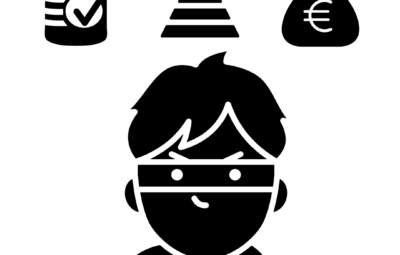Photo | Facebook Icon | Creative Commons
On Oct. 4, the social media networks Facebook, Instagram, and its subsidiaries, became globally unavailable for five hours. The apps began to display error messages around 10:40 a.m. Central Standard Time.
The outage was caused when an update to Facebook’s routers, that coordinate network traffic, went wrong causing a wave of disruptions through its systems. This disruption cost the company tens of millions of dollars and is one of the worst setbacks the company has faced since the 2019 incident that took the platform offline for almost 24 hours.
For many users, the crash not only interrupted their social time, but it interrupted their ability to do their job. Bates Yoakum of Fayetteville, a graduate assistant in the athletics communications department, said the outages hindered their ability to post articles and graphics that needed to go out on social media.
“Luckily we were able to get them out on Twitter, and then when Facebook and Instagram were up again, we were able to post on those apps,” he said.
Omari Royster, a junior nursing major from Little Rock, said the outage affected her in a good way.
“It made me get off social media and enjoy the people around me.”
The outage added even more problems for the company after a former Facebook product manager alleged that Facebook knew of the harms its services were causing, including that Instagram makes teenage girls feel bad about themselves.
According to internal research leaked to the Wall Street Journal, the app has made body image issues worse for one in three girls.
After the outage was fixed, Facebook went to Twitter and said, “we fixed the issue — thanks again for your patience this week.”







